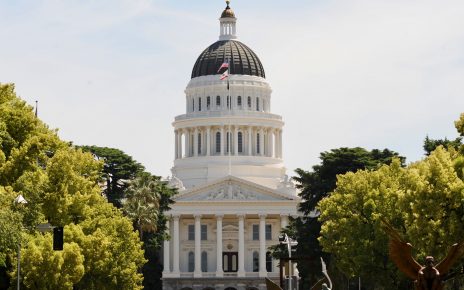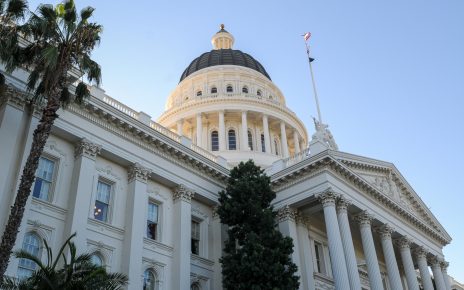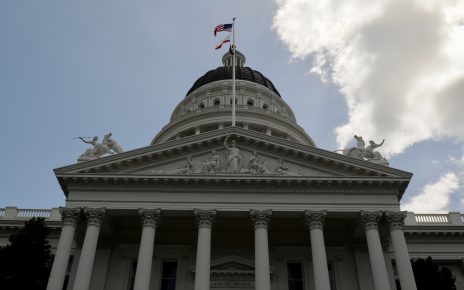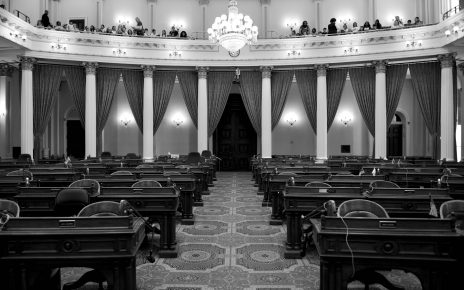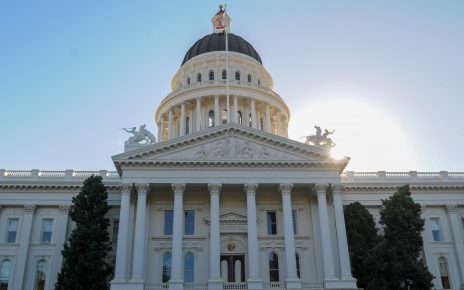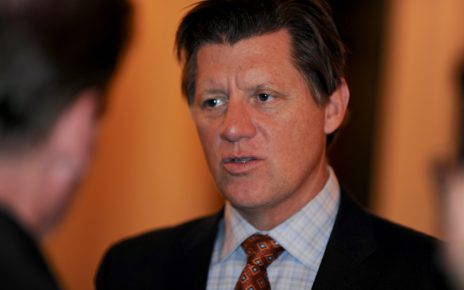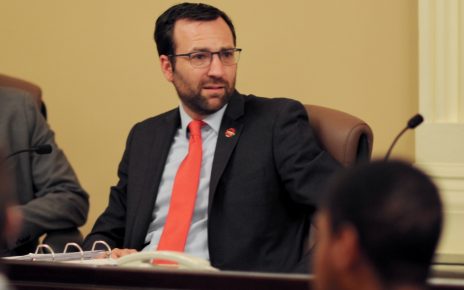Does SB 681 Further the Purposes of the Political Reform Act?
Current California law, in the Political Reform Act of 1974, allows the Legislature to amend provisions of the PRA. Government Code Section 81012 provides, “This title may be amended or repealed by the procedures set forth in this section.” Thereafter,...

